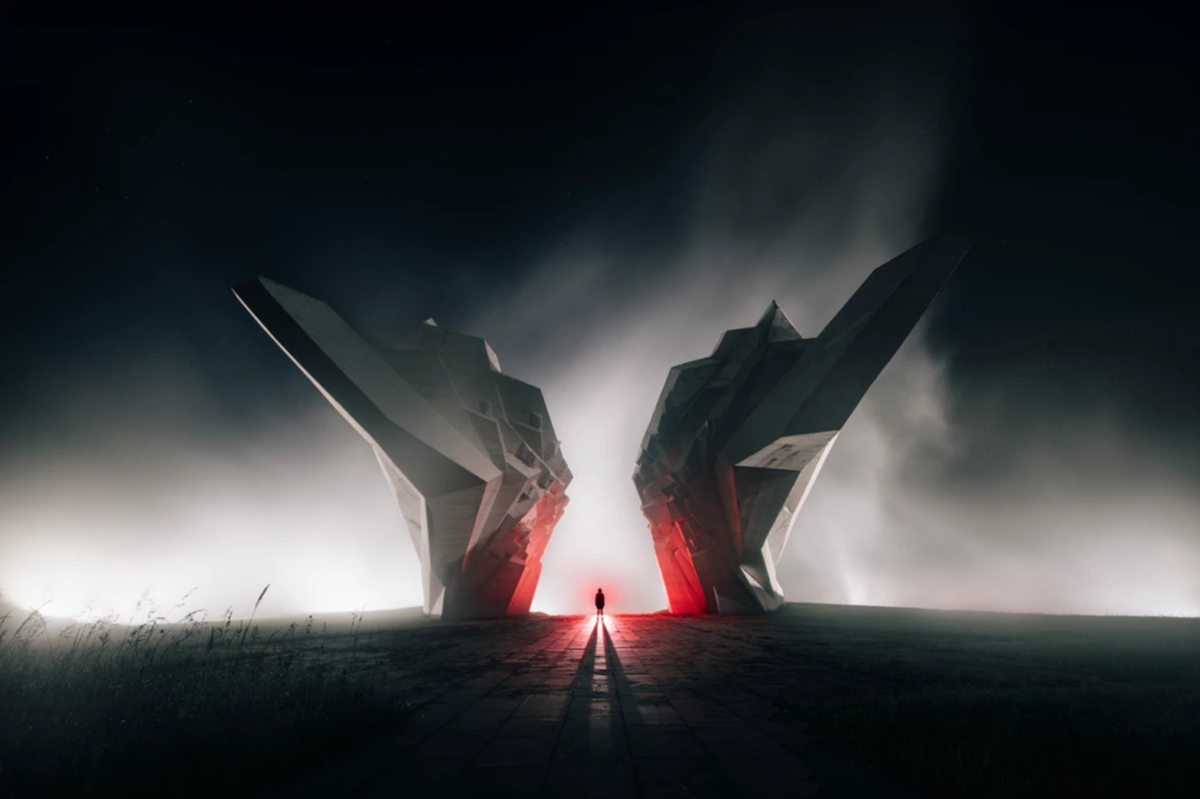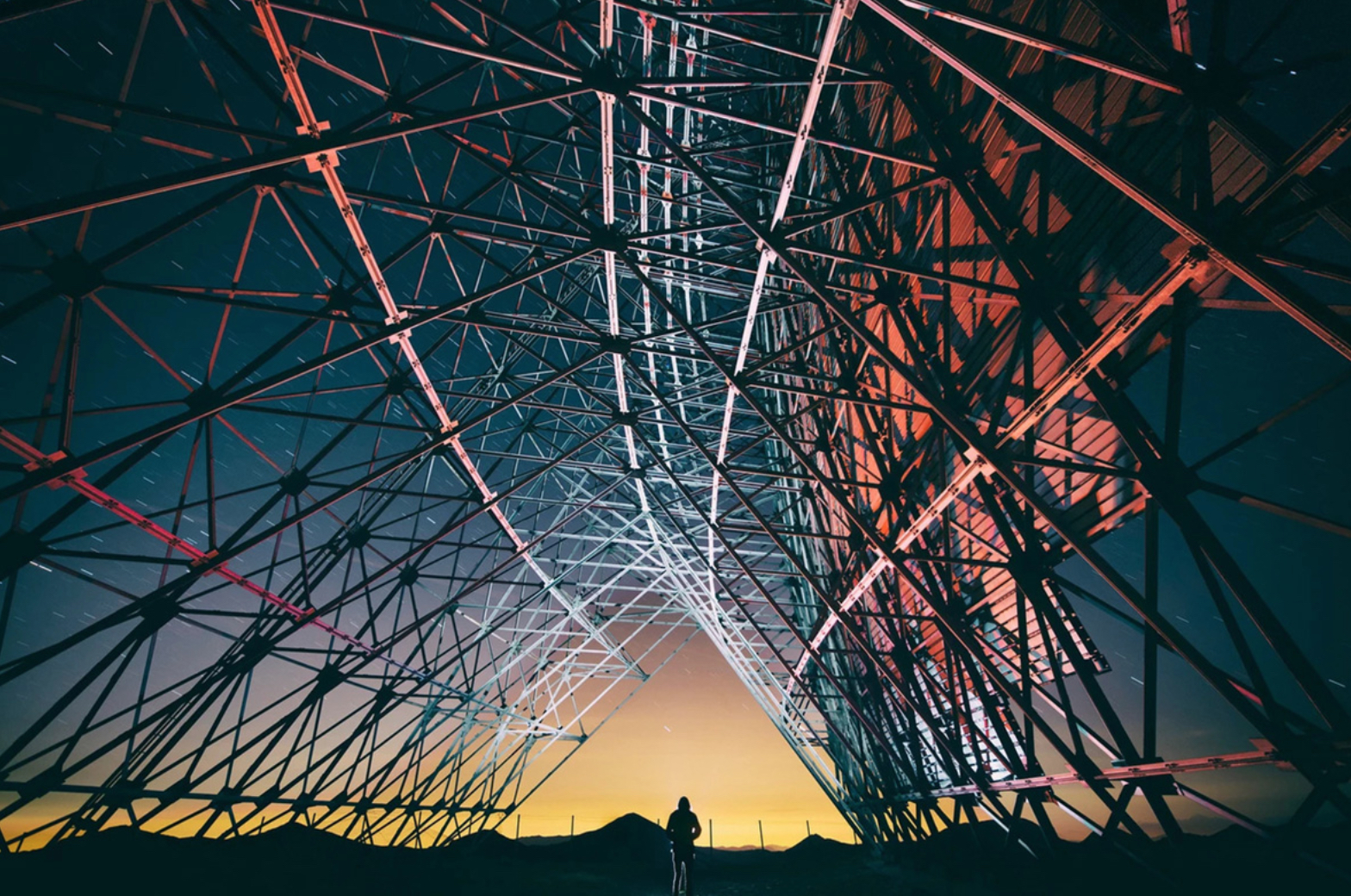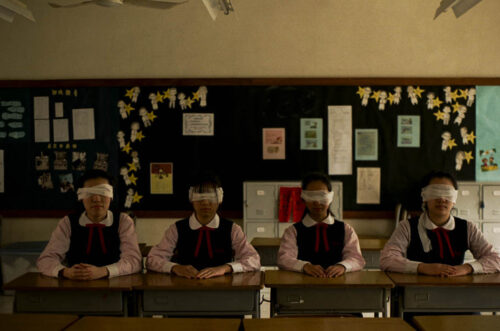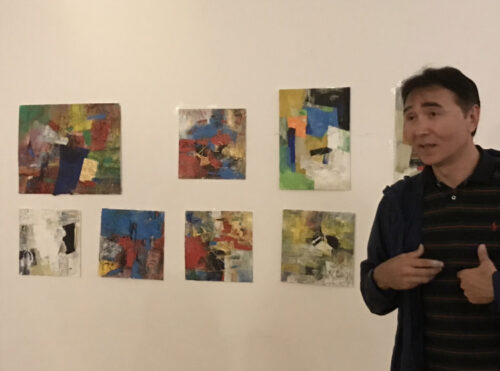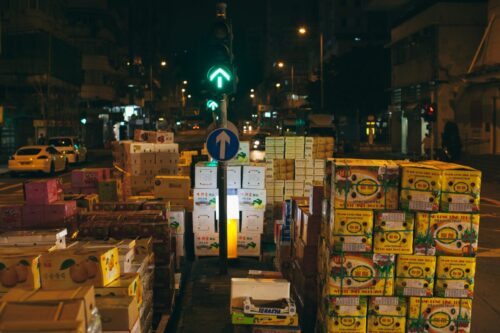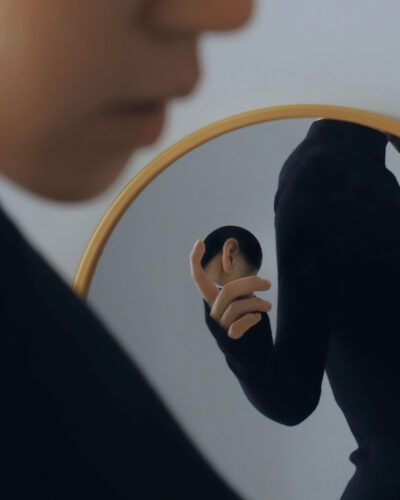This article was originally published on Neocha and is republished with permission.
Beneath an intricate entanglement of metal, the lone figure at the bottom of the frame stands meekly in its shadows, barely visible against the looming structure. Further above, stars streak across the night sky, and on the distant horizon, the sun peeks through with the first rays of morning light.
In a separate image, a similarly silhouetted figure stands in front of an alien megalith. A bright, unseen light source radiates from beneath the sculpture. Overhead, the stars appear to be in motion, a stark contrast to the stillness of the field beneath. These aren’t scenes from an upcoming sci-fi blockbuster. They’re shots taken by Chinese photographer Yáng Xiāo 杨潇, who depicts real-life locations in an otherworldly light.
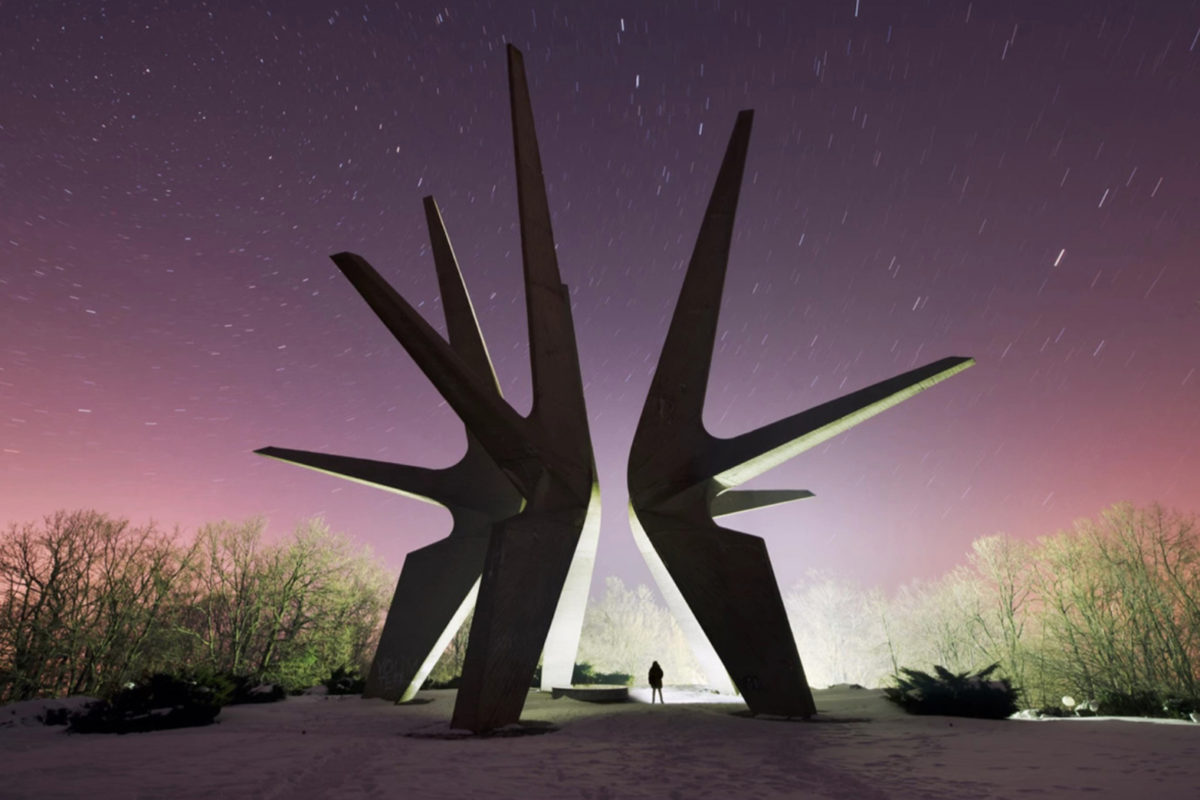
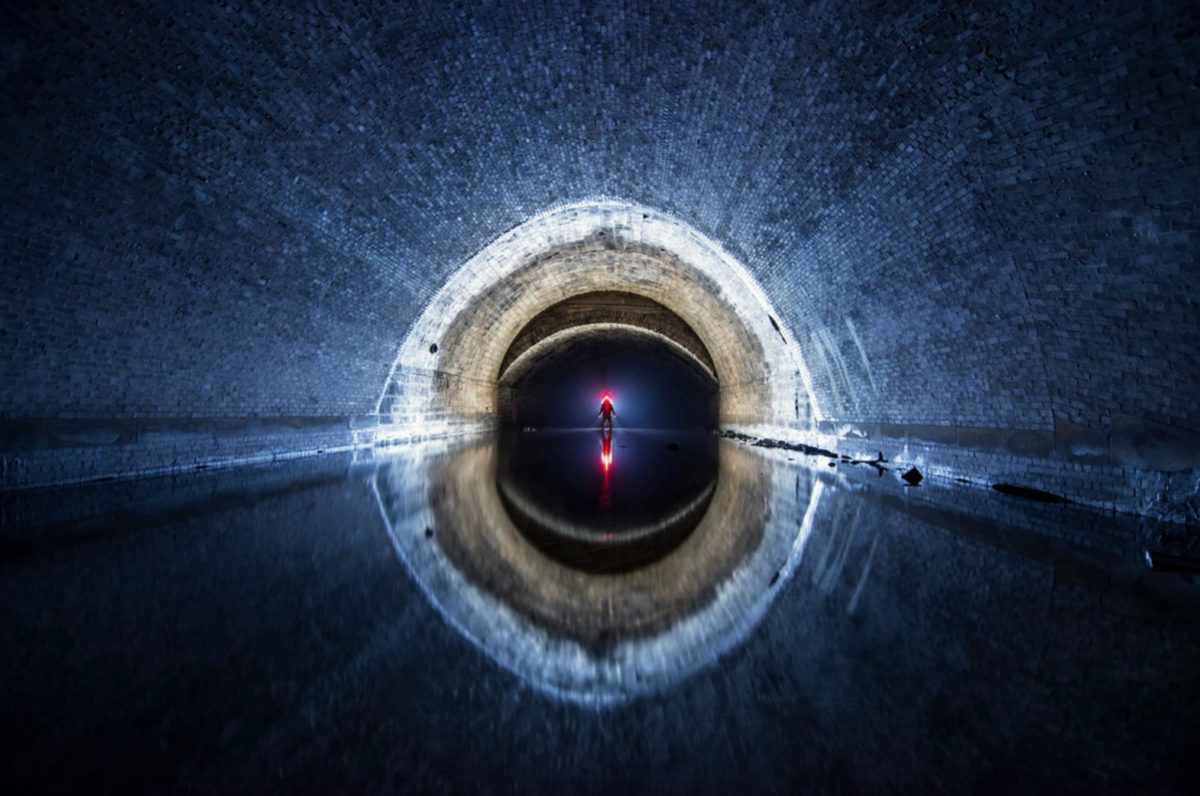
Yang has made a name for herself in recent years with Eternal Monuments in the Dark and Nocturnal Adventures, two projects that present forgotten manmade structures and spaces in breathtaking scope. The former series spotlights monuments and memorials from around the world, while the latter focuses on deserted architecture that ranges from underground sewer tunnels to Cold War-era NATO bases. Through long exposures, manipulation of light, and image composites, Yang creates dramatic photos that aren’t easily forgettable.
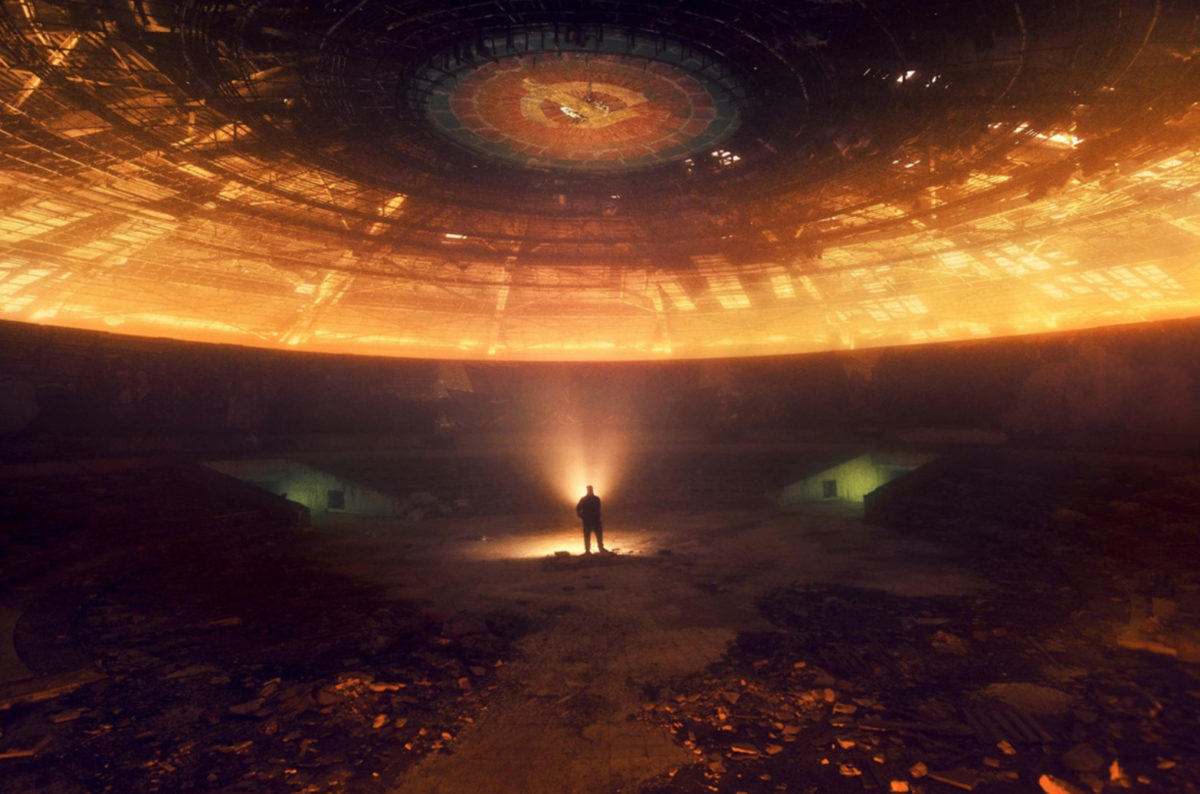
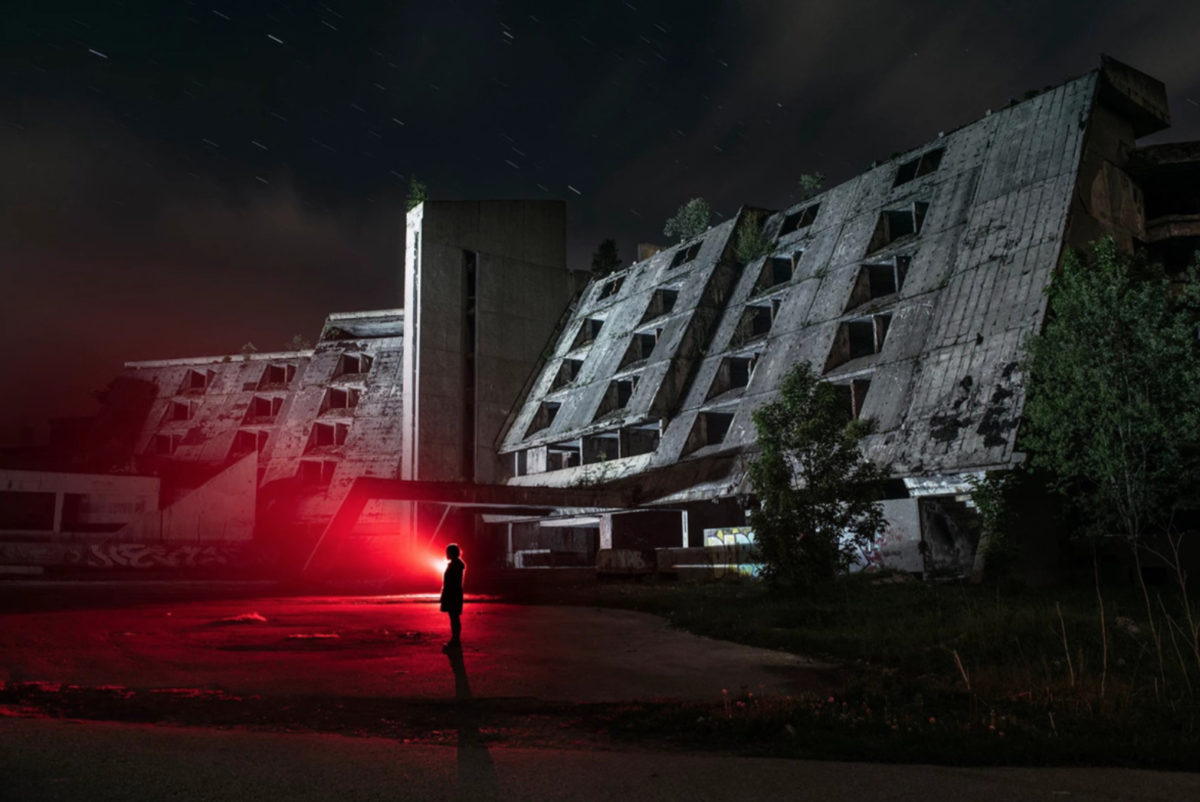
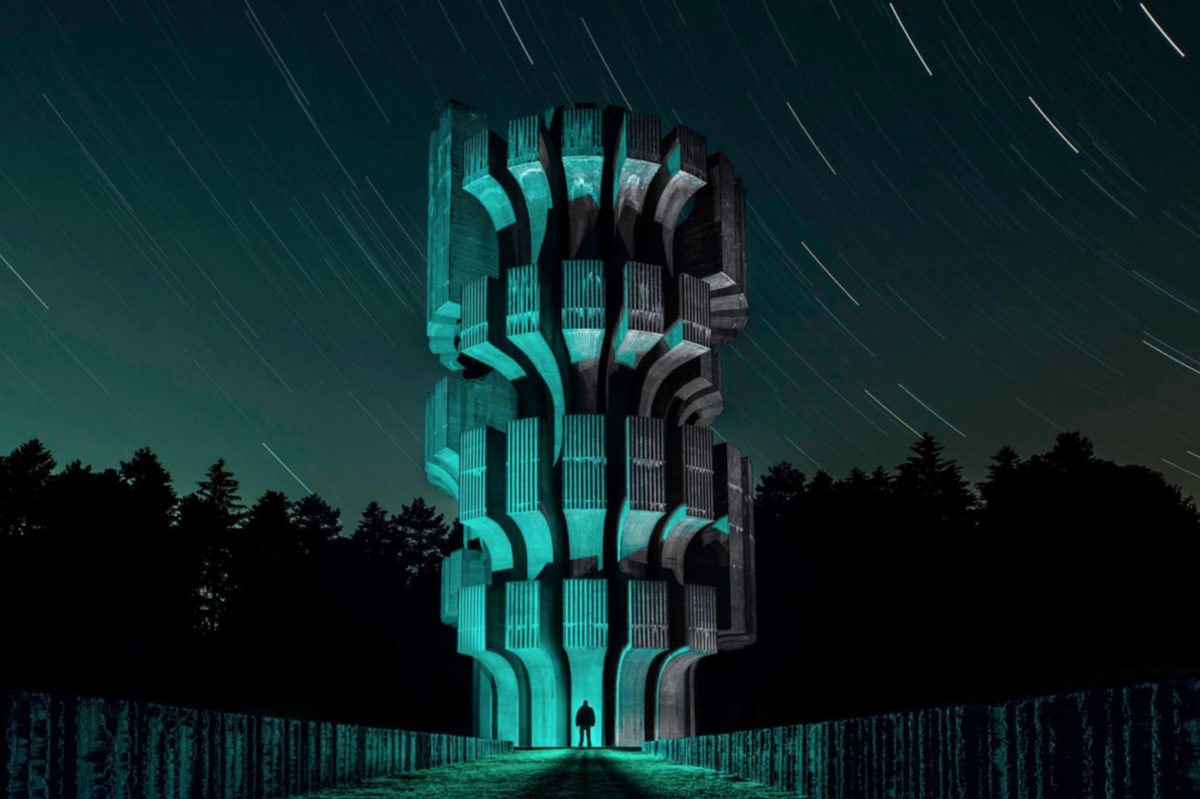
Yang’s photos require a considerable amount of effort to shoot. Many variables amp up the difficulty. For one, she needs to spend time researching each place beforehand and figure out how to get to them. More often than not, they’re far out of the way, and their remote locations make for treacherous journeys, especially considering that most of the trip happens after dark. Whether it be weather or terrain, reaching some of these locations can be unbelievably dangerous.
“One of my most intense experiences was in Italy, at the Allied Command Europe High System,” she recalls. “The place is located on a peak of the Alps—it wasn’t a rational decision to climb this snowy mountain without any clear path at night. At the halfway point, I realized it’s impossible to keep going, but also too dangerous and steep to head back. I was stuck and felt extremely desperate. I ended up slipping 10 meters by accident. Bruises and scratches all over my body are evidence of the insanity of that night. The place was epic, but for sure I won’t risk doing something like this again.”
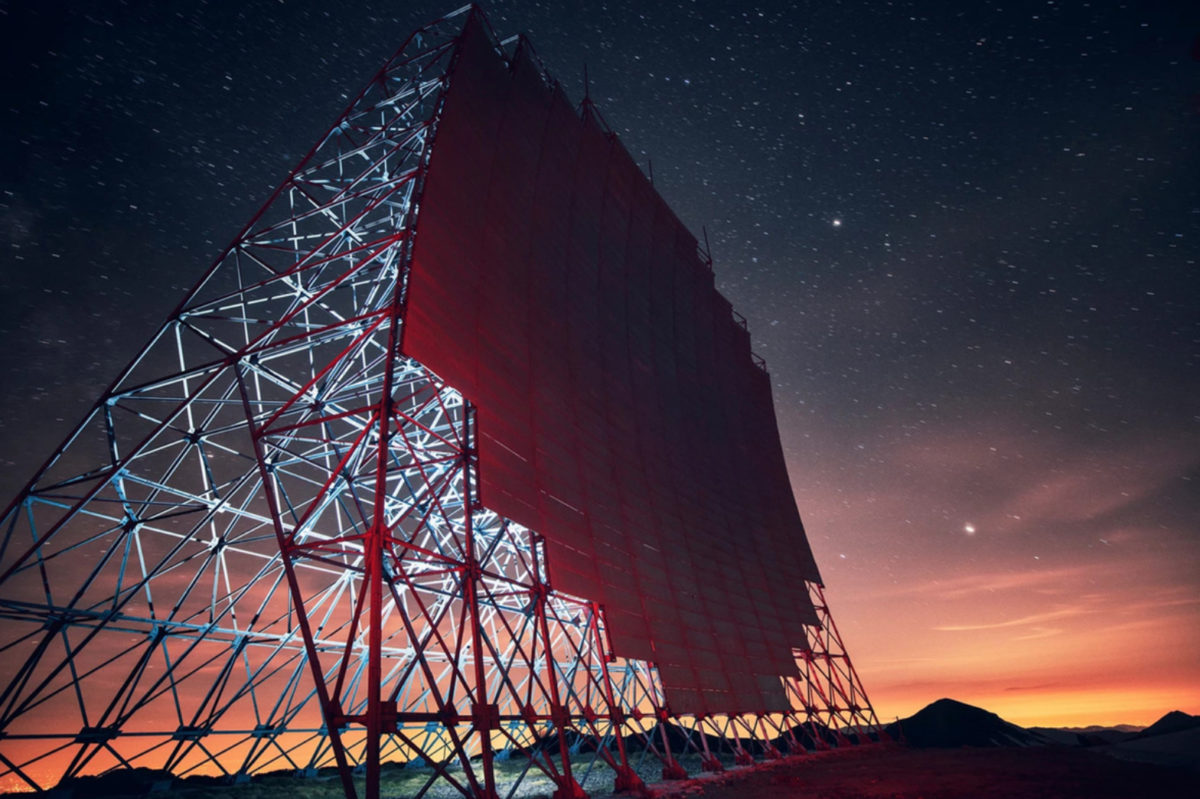
Even though it’s a challenge getting to a location, it often doesn’t get any easier once she arrives.
A prime example of this would be her trip to an abandoned Yugoslav airbase situated on the border of Croatia and Bosnia. The runway and complex were mostly destroyed by explosives in 1992, and aside from the threat of the unstable underground tunnels and air quality, other hazards kept her on high alert throughout the shoot. “Since it was so close to the border, we encountered border police on our visits; they reminded us to be very careful given the extensive number of mines still in the vicinity,” Yang says. “They also told us that a bear and her cub went inside the tunnels, and they probably haven’t come out yet.”
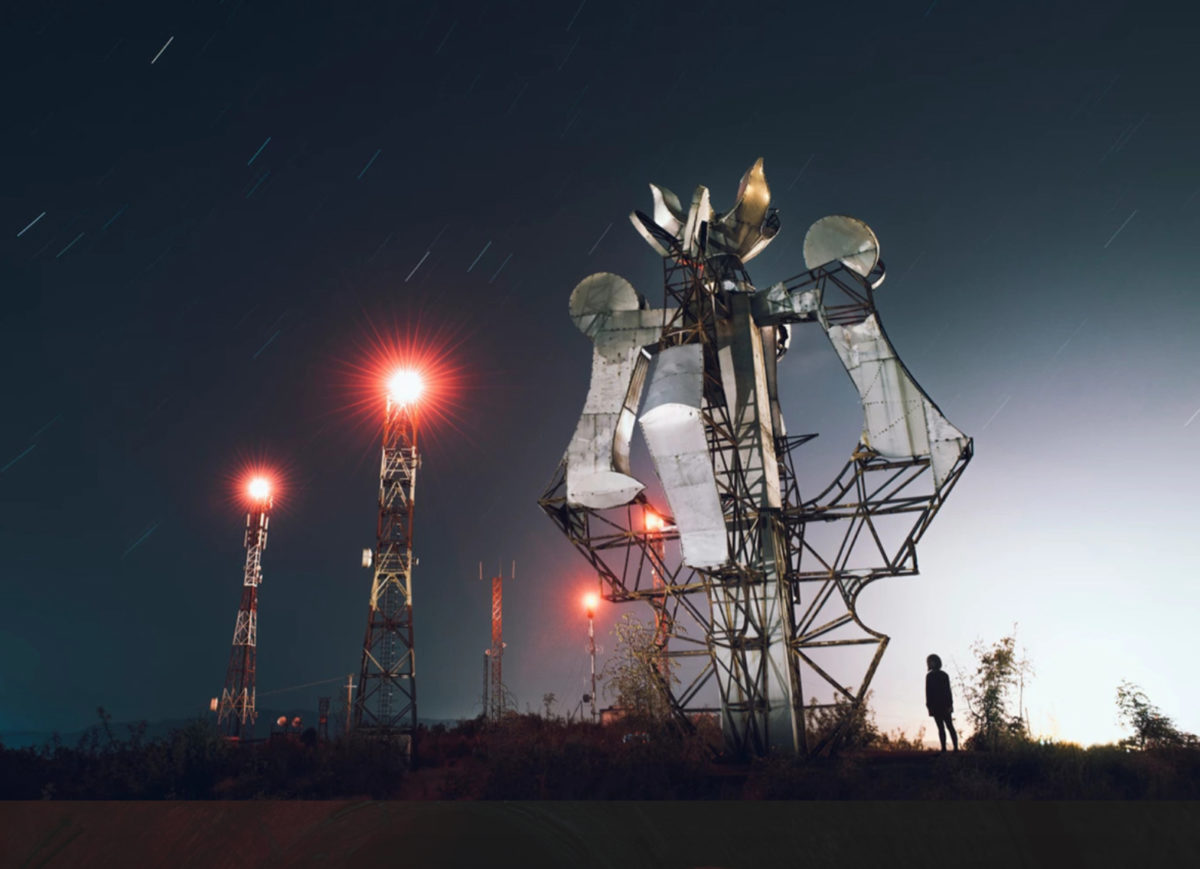
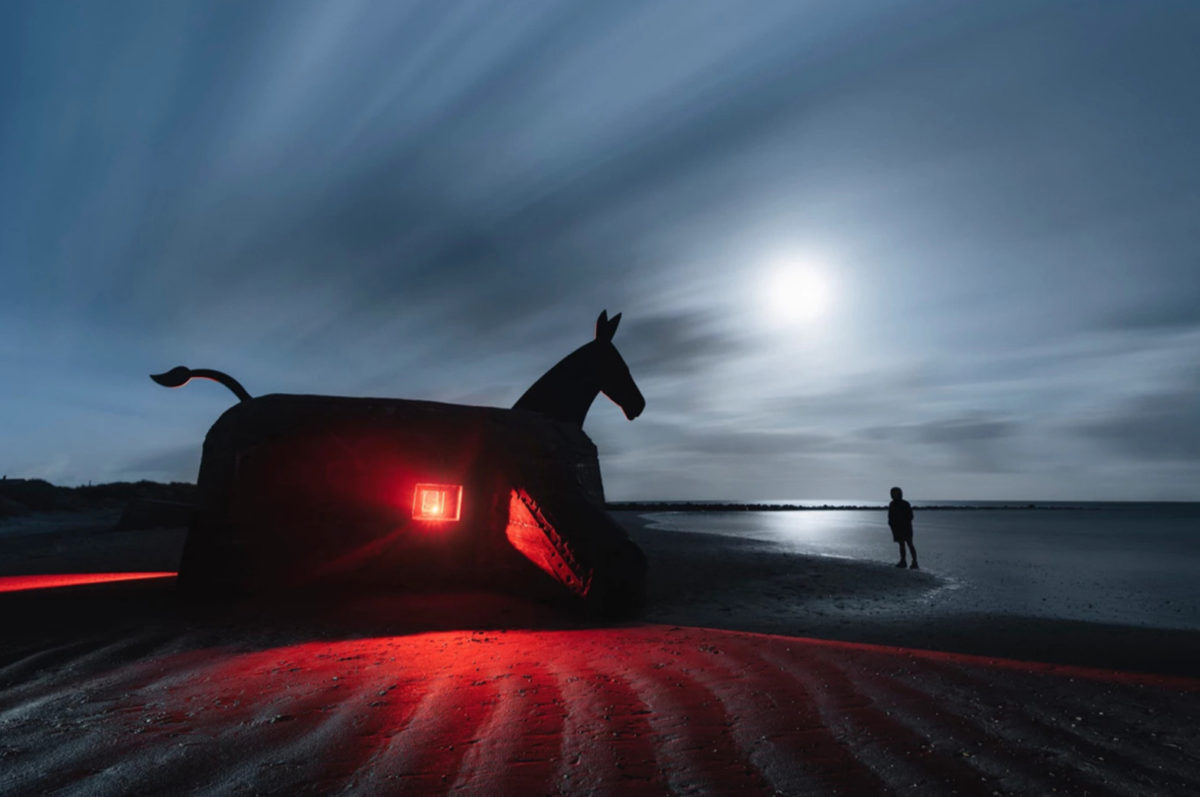
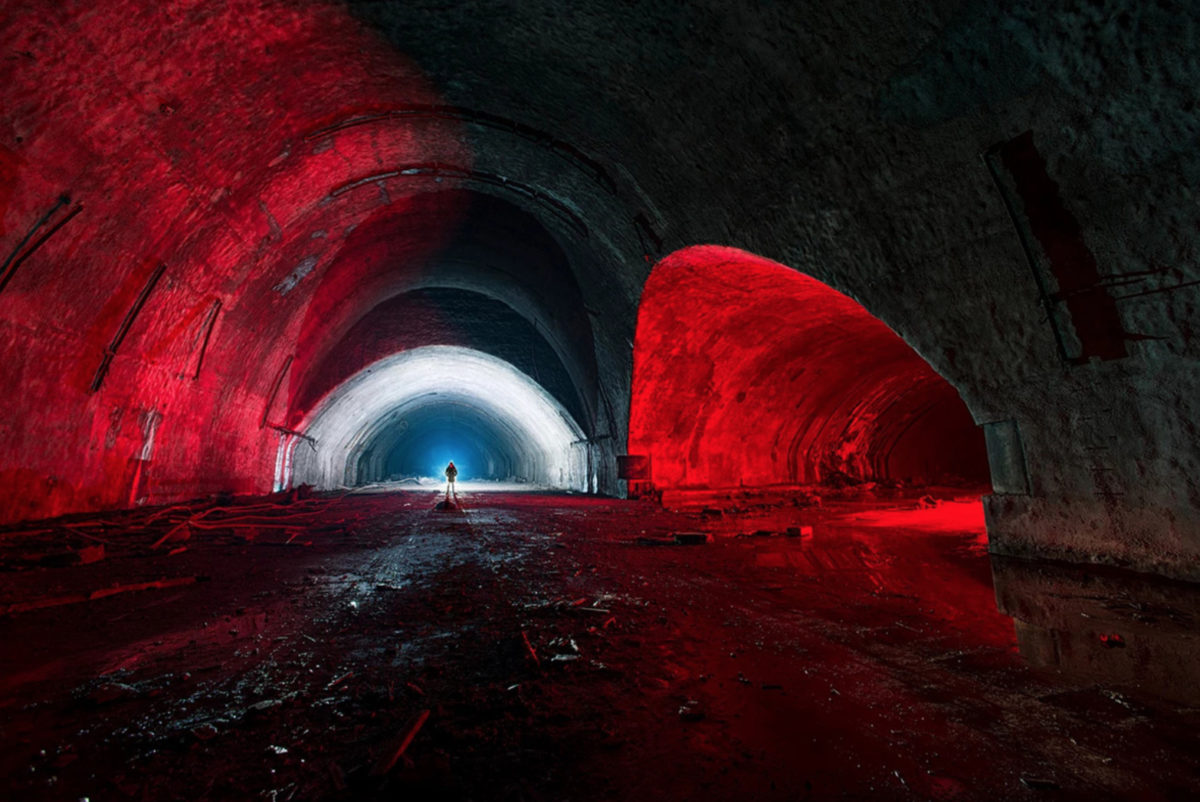
Patience and an eye for detail are essential when creating one of her images. After she arrives at a location, she’ll set up her tripod and begin planning how to light the scene. For every shoot, she brings torch flashlights, multicolored LED light tubes, and even laser pens—which are used in creative ways to illuminate the environment. Sometimes, a single exposure may take 20 minutes or more, depending on the conditions. To get the shot just as she envisions it, it sometimes can take up to five hours or more. “I usually research locations before I go, such as the light conditions of the surrounding environment to get a rough idea of how to shoot it,” she says. “But more often than not, I need to adapt once I’m actually there. It’s tough to access these locations, so I want to make sure everything in my shot is perfect once I’m there.”
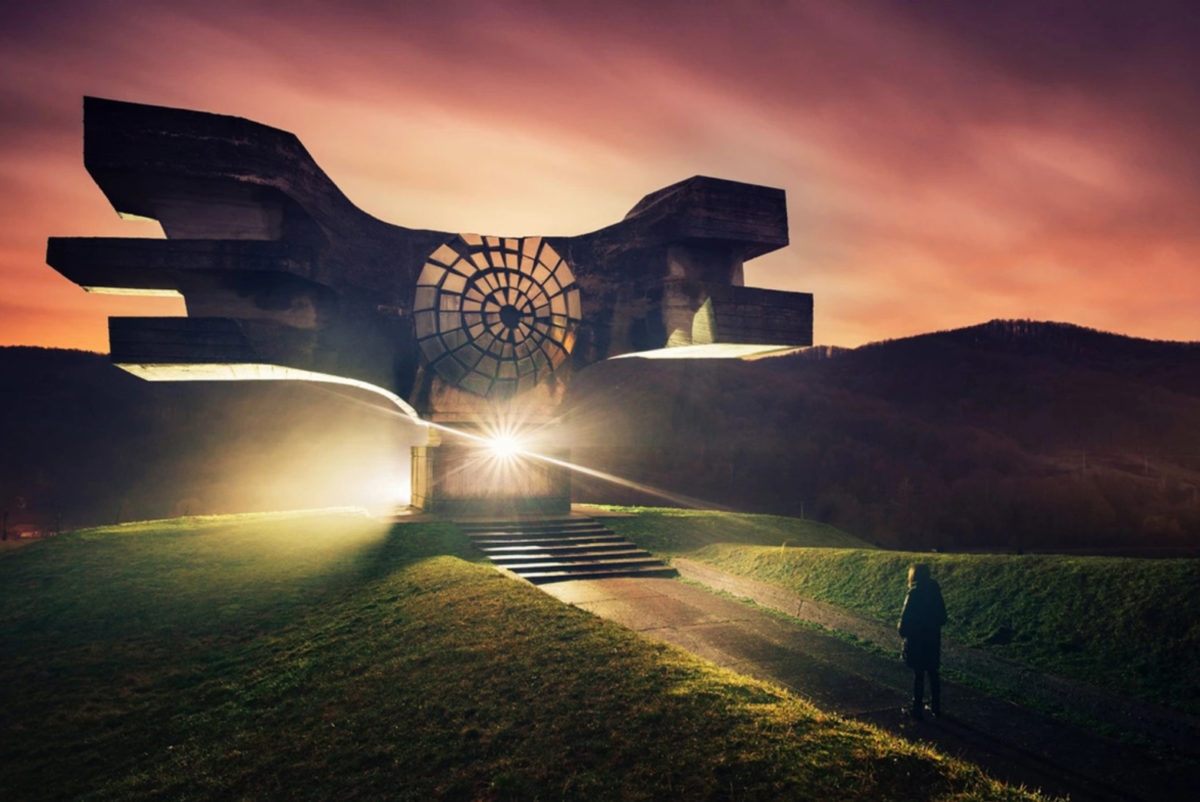
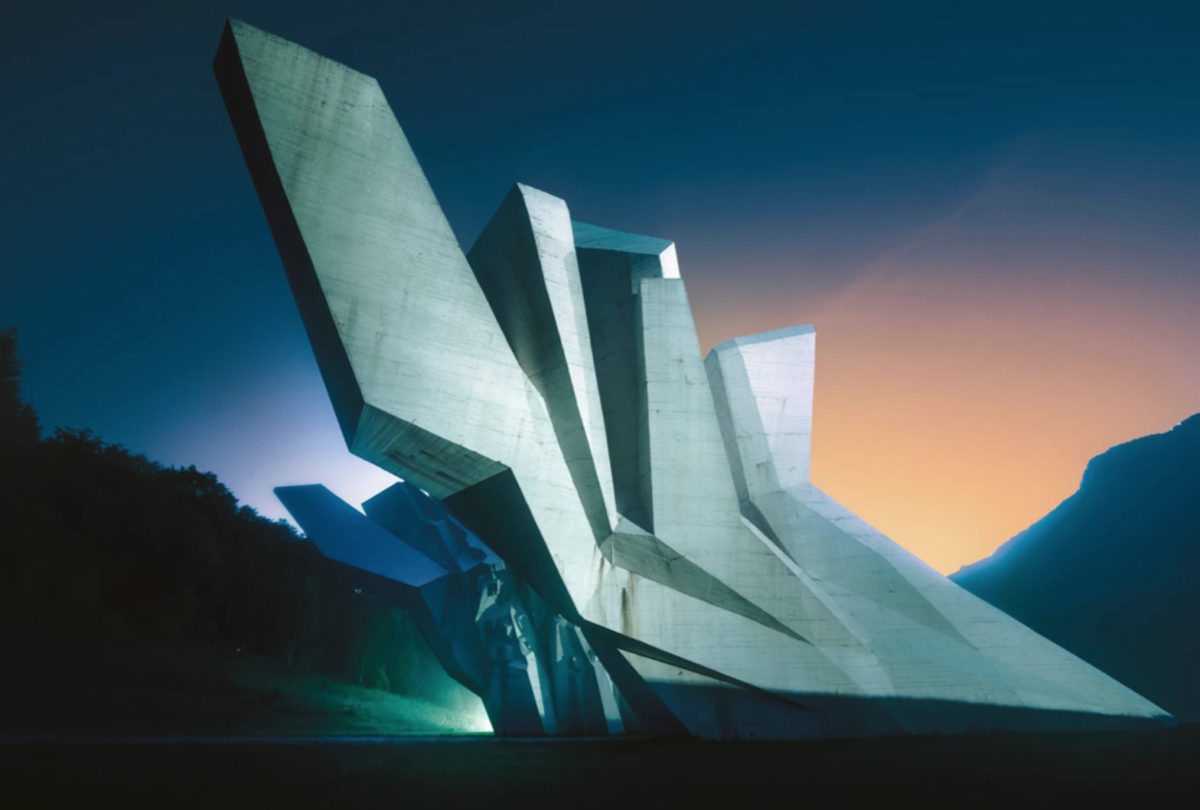
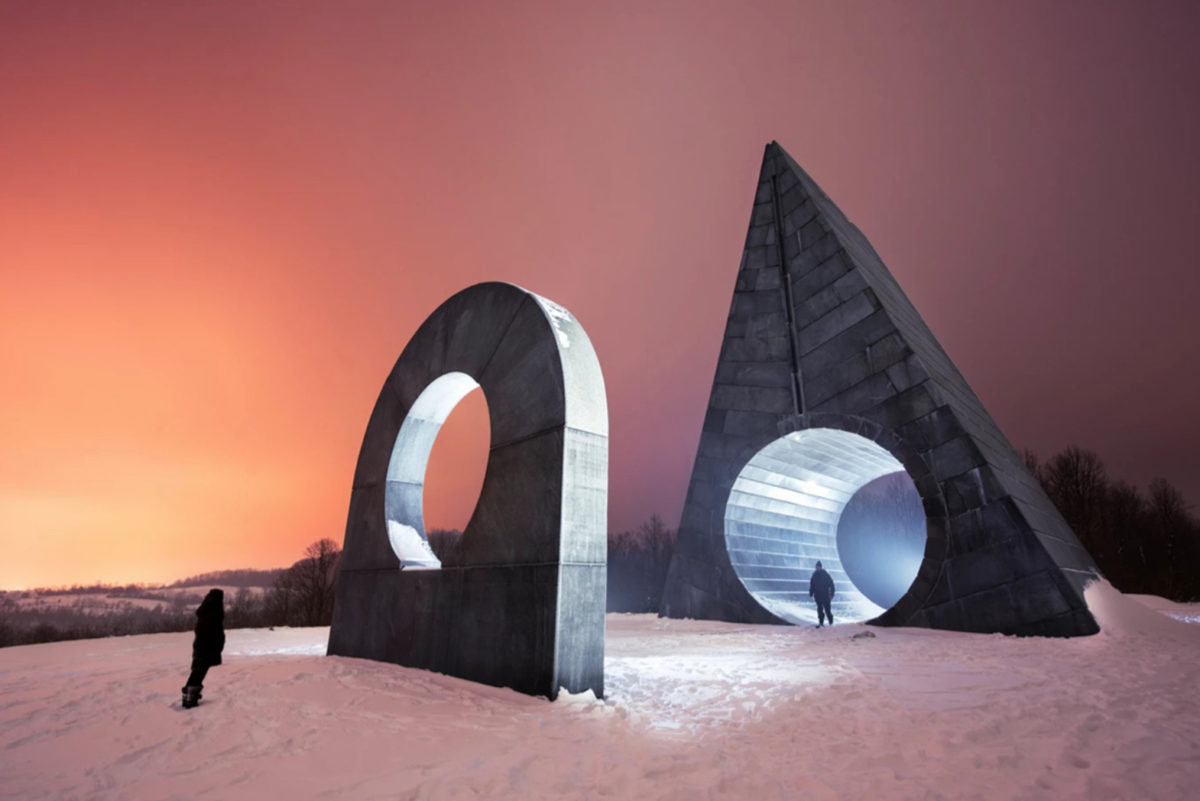
Since 2012, Yang has amassed an incredible collection of images that showcase over 40 countries, taking viewers to off-the-beaten-path spots that even locals aren’t privy to. The places and monuments she chooses to photograph are often less-than-glamorous to the untrained eye—old, dilapidated, and rundown in person, but through her images, she proves there’s still plenty of grandeur to be found in these structures and spaces. By putting a futuristic flair on these constructs of the past, Yang looks to show people the beauty that can be found in the present when you keep your eyes and minds open.
